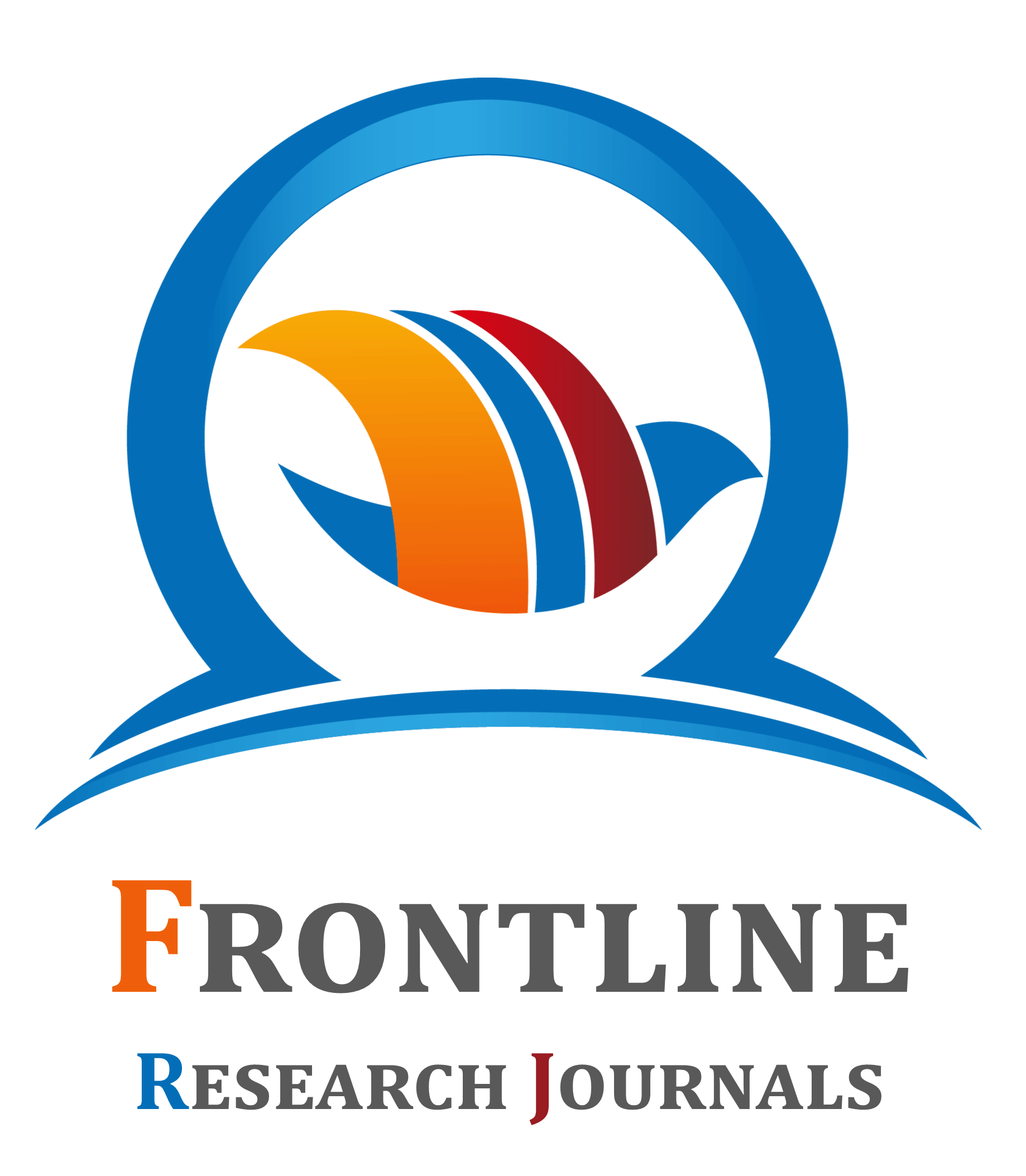Proposing strategic models for integrating financial literacy into national public education systems
1 Zenith General Insurance Company Limited, Nigeria.
2 Independent Researcher, UK.
3 Zenith Pensions Custodian Ltd, Nigeria.
4 Nigeria Inter-bank Settlement System Plc (NIBSS).
5 International Association of Computer Analysts and Researchers, Abuja, Nigeria.
6 OneAdvanced, UK.
Research Article
International Journal of Frontline Research in Multidisciplinary Studies, 2024, 03(02), 010–019.
Article DOI: 10.56355/ijfrms.2024.3.2.0025
Publication history:
Received on 08 July 2024; revised on 20 August 2024; accepted on 22 August 2024
Abstract:
This review paper examines strategic models for integrating financial literacy into national public education systems to enhance students' knowledge and skills in managing personal finances. Financial literacy is increasingly recognized as crucial for navigating the complexities of modern economies and promoting economic stability. The paper begins with an overview of global financial literacy levels and underscores the role of education in addressing existing challenges. Theoretical frameworks such as constructivist and social learning theories are explored to inform effective educational strategies. The proposed strategic models include phased implementation approaches, interdisciplinary curriculum development, and stakeholder engagement strategies. These models emphasize the importance of integrating financial concepts across subjects and providing educators with comprehensive training to deliver impactful financial education. Policy recommendations advocate for national curriculum standards, teacher training programs, and public-private partnerships to support sustainable financial literacy initiatives. Future research directions are suggested to advance the field, including studies on effective teaching methods, longitudinal impact assessments, and the role of technology in enhancing financial education. Comparative analyses across countries provide insights into best practices and opportunities for global collaboration. Ultimately, this paper aims to contribute to policy discussions and educational practices that promote financial literacy as a fundamental skill for lifelong financial well-being.
Keywords:
Financial literacy; Public education; Curriculum development; Teacher training; Policy recommendations; Educational strategies
Full text article in PDF:
Copyright information:
Copyright © 2024 Author(s) retain the copyright of this article. This article is published under the terms of the Creative Commons Attribution Liscense 4.0
